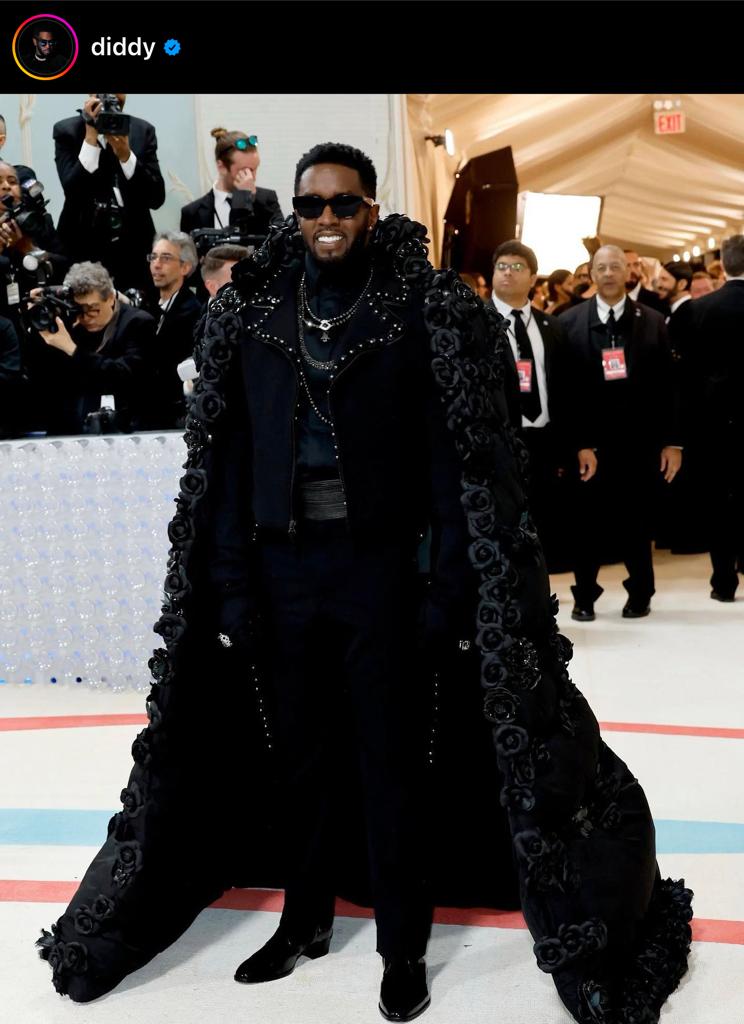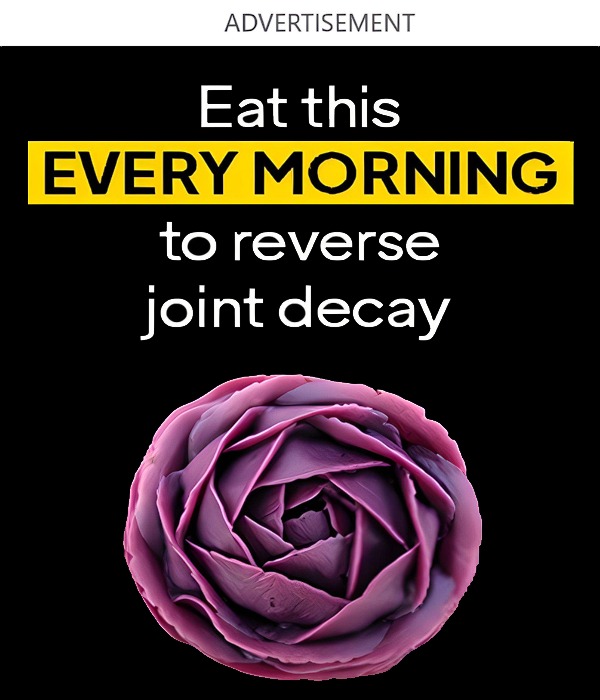Mark Curry, a former Bad Boy Records producer and artist, has expressed his dissatisfaction with Diddy’s decision to return publishing rights to his former artists. In an extensive video shared on Instagram, Curry argues that the publishing rights have lost their value in today’s music industry and suggests that Diddy should have acted when they were more lucrative. He also discloses that he once requested $1 million for his publishing rights, but Diddy declined the offer.
The former Bad Boy artist, known for his appearances on tracks by Biggie and Diddy, questions the significance of the returned publishing rights, stating, “What’s it worth now?… That’s disrespectful — I said why don’t you just keep it and pay me? I don’t want the publishing; I want the money.” In the Instagram caption, Curry further emphasizes his point, expressing his desire for a million dollars in cash to secure his future.
Curry’s perspective is rooted in his belief that the value of the publishing rights has diminished over time. He draws an analogy to owing someone $50 and, when they finally repay it, the money doesn’t hold the same value it once did. To Curry, the return of the publishing rights now is more of an insult than a favor.
Mark Curry’s departure from Bad Boy Records in 2005 marked a shift in his career away from the entertainment industry. In 2009, he authored a book titled “Dancing with the Devil: How Puff Burned the Bad Boys of Hip Hop,” which delves into the business practices and financial dealings of Diddy. His recent criticism aligns with the themes of his book.
Despite Curry’s discontent, Diddy’s decision to return publishing rights to artists has been widely praised. Notable artists like Ma$e, The LOX, The Notorious B.I.G.’s estate, Faith Evans, and 112 have regained control over their music catalogs, along with songwriters for some of their biggest hits. Diddy was reportedly offered “nine figures” for these catalogs but opted to return the publishing rights to the artists.
This move is seen as an attempt to revolutionize the industry and empower artists, breaking away from longstanding industry norms. While Diddy’s more artist-centric approach is now evident, Ma$e’s public criticism in January 2020 highlighted past disputes over publishing rights. Diddy’s recent actions indicate a shift in his stance toward supporting artists and addressing historical grievances in the music industry.
Follow “Diddy”

Written by
Derek Chan – Editor







